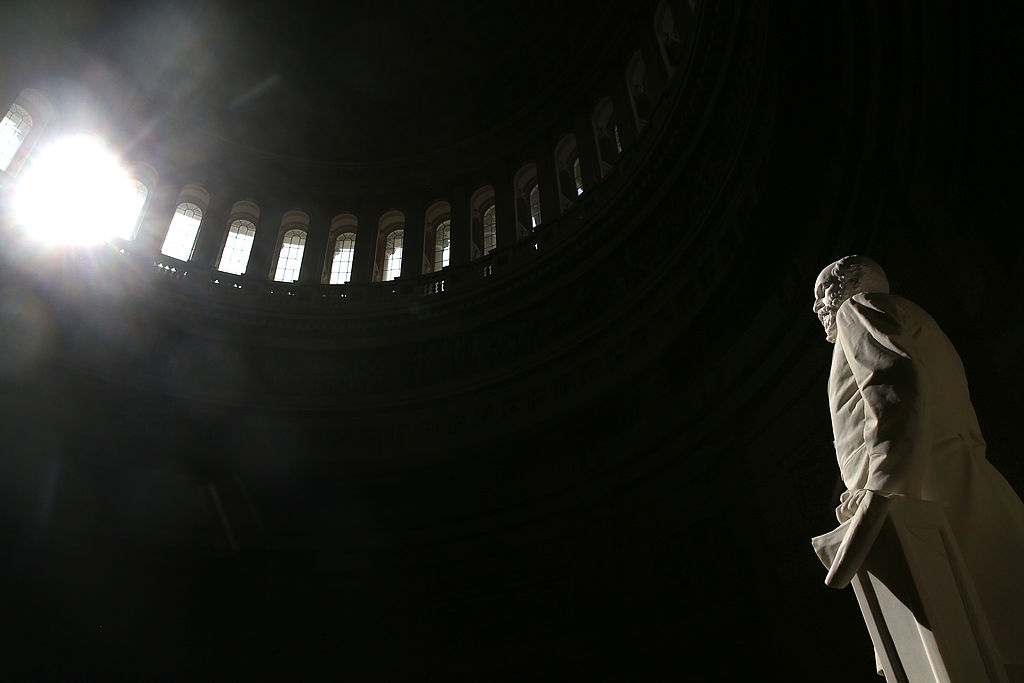In a 2019 speech, the internet pioneer Peter Thiel worried about possible high-level infiltration of American companies and universities by the Chinese.
Now, five years later, it seems as if his worries have been more than justified.
In 2020, Professor Charles Lieber, the Chair of Harvard University’s Department of Chemistry and Chemical Biology, was arrested. He faced charges of making false statements to U.S. federal government investigators.
According to the US Department of Justice, “unbeknownst to Harvard University beginning in 2011, Lieber became a ‘Strategic Scientist’ at Wuhan University of Technology (WUT) in China and was a contractual participant in China’s Thousand Talents Plan from in or about 2012 to 2017 […]. Under the terms of Lieber’s three-year Thousand Talents contract, WUT paid Lieber $50,000 USD per month, living expenses of up to 1,000,000 Chinese Yuan (approximately $158,000 USD at the time) and awarded him more than $1.5 million to establish a research lab at WUT […]. The complaint alleges that in 2018 and 2019, Lieber lied about his involvement in the Thousand Talents Plan and affiliation with WUT.”
After this story broke, it turned out that US universities are happily taking in billions of dollars from Chinese sources, many of them affiliated with the Chinese Communist Party: “Nearly 200 U.S. colleges and universities held contracts with Chinese businesses, valued at $2.32 billion, between 2012 and 2024, according to a review by The Wall Street Journal of disclosures made to the Education Department. The Journal tallied roughly 2,900 contracts.”
China’s involvement with US universities, however, is not limited to research. According to the Jerusalem Post, Beijing is also funnelling money to anti-Israel and pro-Palestine groups, furthering the divisions shaking US society.
But there could be another reason as well. Marinating future college graduates in an anti-patriotic sentiment can be a huge asset for China and others.
Imagine those young people moving on to government jobs – many of them in sensitive areas dealing with state secrets – and a significant number of them feels no allegiance to their country.
How likely will they be to sell information to a foreign country? It is fashionable to lionize individuals like Chelsea Manning or Edward Snowden as heroic whistle-blowers, but if the dream of every public servant would be to expose the government, they are working for instead of defending it, national defence would become gradually impossible.
These issues are what I call the hidden fronts of the culture wars. We often perceive of the culture wars as disagreements over gays, God, and guns that have barely any direct influence the foreign policy options of the country. This, however, no longer holds true – the growing polarization of the US and European public is increasingly becoming a foreign policy problem that will only get worse if current trends persist.
While the West has taken pride in overcoming the rah-rah nationalism of the 20th century, the replacement is increasingly looking like a form of collective Stockholm syndrome with the sins of the past playing the role of the hostage taker. Nobody needs to whitewash European or US history, but continuously highlighting its darker sides undermines virtues like patriotism.
Patriotism, in its pure form, is an intuitive inclination to support one’s own country out of emotional attachment, similar to loving a parent without despising others.
However, if this inclination is inverted to automatically assume the worst about one’s own country, it leads to a distorted view. The growing trend of invoking extreme comparisons like Nazism to criticize policies escalates from critical patriotism to hostile self-destruction, eroding national unity and complicating international relations.
For example, recruiting human intelligence for Western intelligence services could become significantly challenging if these agencies are perceived as serving the “world’s worst evildoers.” This sentiment could deter potential recruits who view espionage for the West as morally compromised.
Conversely, hostile entities might find it easier to recruit within the West if foreign espionage is seen as virtuous, particularly as shown by those who collaborated with WikiLeaks. This can foster an environment where anti-national activities are lauded, complicating counterintelligence efforts significantly.
That this is happening can no longer be denied, as Doomberg reports. Consulting firms like McKinsey, a popular destination for top Western graduates who have been educated to eschew any sense of patriotism, have recently been implicated in prioritizing lucrative opportunities over ethical considerations, undermining domestic interests for financial gain.
According to the Financial Times, McKinsey was advising the Chinese government how to best undermine the West in important technology sectors, leading members of Congress to call for the termination of all government contracts with the consulting firm.
A combination of greed and anti-patriotic sentiments is a real problem for national security, and given what is currently happening at Western College Campuses this will not change any time soon. In the emerging Great Power struggle between China and the United States, but also between Europe and Russia, patriotism is most likely not a luxury, but a necessity.






Russia has no future and China will seize this opportunity: It may not look like it now, but the two powers are destined for future conflict